Why Does My Car Battery Keep Dying?
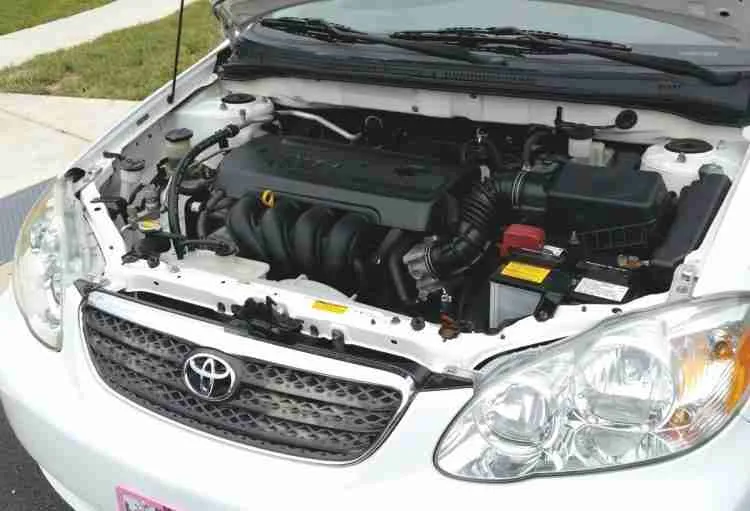
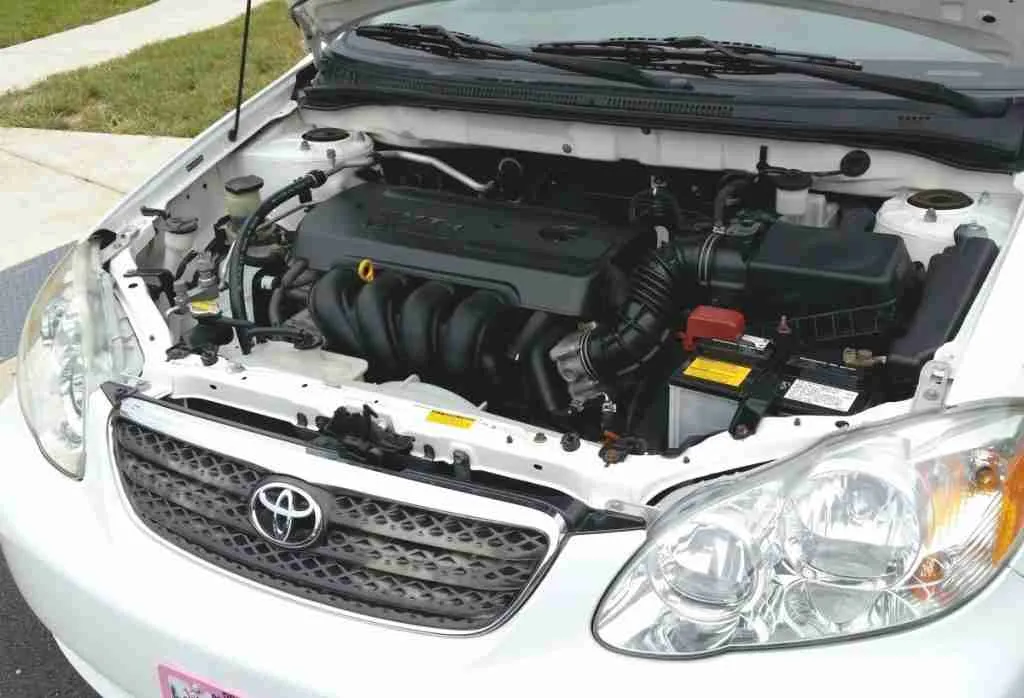
Why Does My Car Battery Keep Dying
There is never a good occasion for a vehicle battery to fail, but have you ever observed that it always seems to happen at the worst possible times? Even though the end effect is the same, there are several probable reasons for a dead car battery.
When your car battery dies for the first time, it’s easy to dismiss it as a freak occurrence.
However, car batteries can die for various reasons, and there is always the possibility that whatever goes wrong will not happen again.
If you haven’t driven your car in several years, it shouldn’t come as a surprise when you try to start it. It is natural for automobile batteries to lose charge over time. However, running your vehicle regularly does not guarantee that your battery will never expire.
So, if your car battery dies for no apparent cause, do you have to get a new battery? It is usually determined by what caused your battery to die in the first place. Several things might deplete the battery that you may not have considered.
A dead vehicle battery is frustrating, especially if it leaves you stuck.
What Causes Car Batteries to Fail?
The list of difficulties that may cause a car battery to die seems endless. Yet, nearly every battery killer gets categorized into three basic categories: battery problems, electrical system problems, and simple human mistakes.
Some of these can be addressed at home, while others will almost surely require a trip to your mechanic, but you won’t know for sure unless you roll up your sleeves and go to work.
It’s also worth mentioning that when most people talk about a battery dying repeatedly, they’re referring to a circumstance in which the car won’t start after being parked for any period of time; if your battery appears to die while driving, it is more likely that you have a problem with the charging mechanism.
Loose or corroded battery connections, chronic electrical drains, charging issues, constantly requiring more power than the alternator can give, and even severe weather are some of the most typical causes of a car battery dying repeatedly.
Some of these problems are severe enough to damage a battery on its own, while others are commonly coupled with an already weak battery or dying.
A dead car battery is inconvenient, but it is also avoidable. To prevent a dead battery, you must first understand what produces one. So, set those jumper cables aside and take a look at these seven possibilities for why your car battery keeps dying.
Let’s discuss some of the common causes of flat or dead batteries.
7 Reasons Why Your Car Battery Keeps Dying
Old Battery
The reason your battery keeps dying might be because it has reached the end of its life.
Batteries lose their capacity to store a charge as they age, which means they cannot generate the necessary power to start the engine. If you haven’t replaced your battery in three or four years, it’s time to purchase a new one.
Weak or Bad Condition
A battery that has been poorly maintained or is weak may not keep a charge very well. Even minor drains, such as the memory feature on your vehicle radio, can be fatal to a poor battery.
Leaving Headlights On
If your car battery continues to drain, the first thing to look for is a problem with your lights. Many contemporary automobiles feature headlights that are programmed to turn off after a set period of time. If your vehicle lacks this feature, your headlights may remain on until you turn them off or your car battery is completely depleted.
Parasitic Draw
Even when you turn your vehicle off, your battery powers items like the clock, radio, and alarm system. These factors should not have a significant effect on your battery life. However, interior lighting, door lights, or even blown fuses may deplete a car battery while it is turned off.
There’s no need to be concerned about your battery depleting while listening to the radio. However, when the motor is switched off, the alternator cannot refill the battery, allowing minor electrical mishaps to drain your battery. Yes, even while switched off!
Loose or Corroded Connections
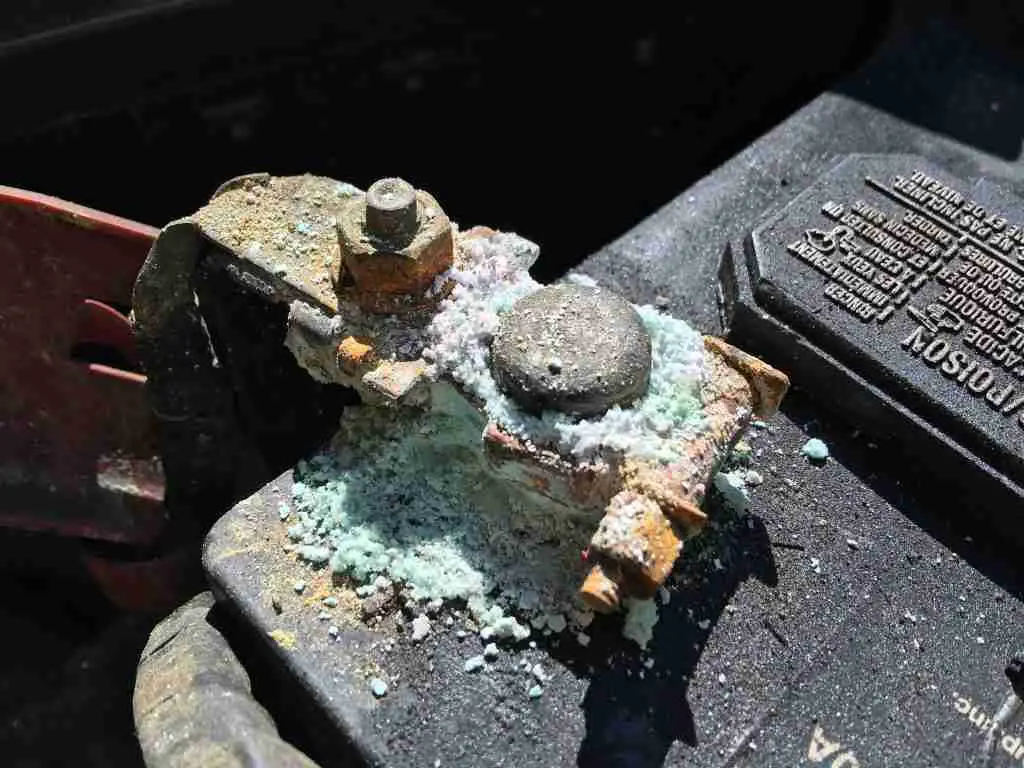
The positive and negative connections attached to your battery might occasionally become dislodged over time. As a result, corrosion can also occur at these terminals. If your connections become loose or corroded, you may have problems starting your automobile since your battery cannot effectively transfer its power!
You may even stall while driving or cause harm to the vehicle’s electrical components.
Cleaning your car’s battery connections regularly will assist in preventing corrosion-related issues.
Extreme Weathers
Cold winter temperatures and scorching summer days may also cause issues with your vehicle’s battery. Newer batteries are more resistant to large seasonal temperature fluctuations. If your battery is older, though, severe cold or heat may damage its performance or possibly cause it to fail completely.
Short Trips
When you turn the key, the starting motor is powered by your battery, allowing your vehicle to start and run. The alternator constantly charges the battery when the engine is running, ensuring that it is fully charged the next time you start the vehicle.
The problem is that an extremely short excursion may not provide enough time for the alternator to recharge the battery. If you make many of those, try to fit in a long journey now and again to avoid this battery issue.
In Any Case, How Long Do Vehicle Batteries Last?
The length of time your car’s battery can keep a charge determines how long it will survive. Batteries have the ability to be recharged. However, it does reach a point when it will no longer recharge, and at that point, the battery is dead. Its lifespan is also influenced by factors such as humidity and temperature.
A car battery has a life of two to five years. However, the weather has a significant influence on battery life. Here are some famous steps for extending the life of your vehicle’s battery.
Deep Inspection
It is advisable to inspect your battery terminal regularly. If the battery is not correctly installed in the mounting bracket, it may shake, resulting in internal damage and short-circuiting.
Thorough Cleaning
It is as easy as cleaning the terminals with a toothbrush or other soft brush, water, and baking soda solution to remove the corrosion. But, first, make sure that the battery is well cleaned.
Switch Off Your Lights
The most important tasks of the battery are to power all of the lights inside and outside the car. Keeping things operating, though, puts a load on the battery. You can assist by remembering to switch off all lights when you leave your vehicle.
Conclusion
When a car battery continues to die, most people’s immediate thought is to replace the battery. However, the issue might be elsewhere. Before replacing a dead battery, always get your vehicle inspected by a professional.
A short check-up by a reputable technician will assist in avoiding misdiagnosis. You’ll also save time and money. With this comprehensive list of items, you’ll be better prepared to handle any battery problem that comes your way.

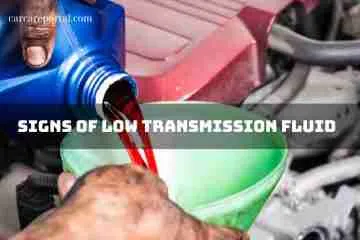

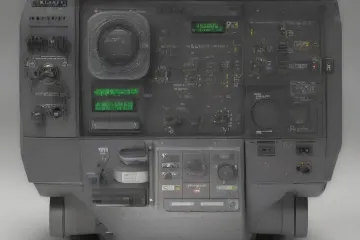
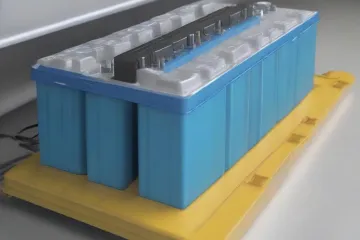
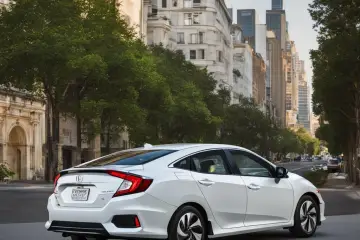
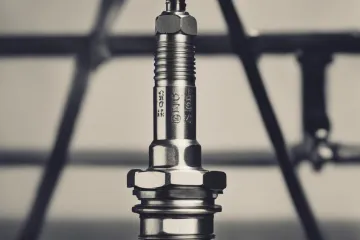
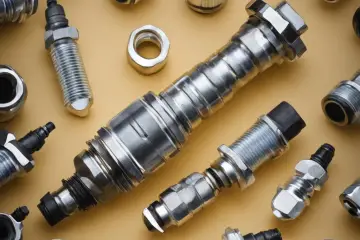



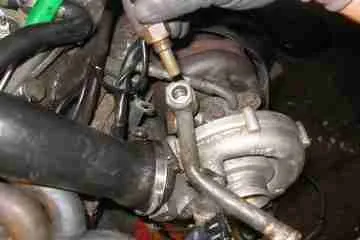
No Comment